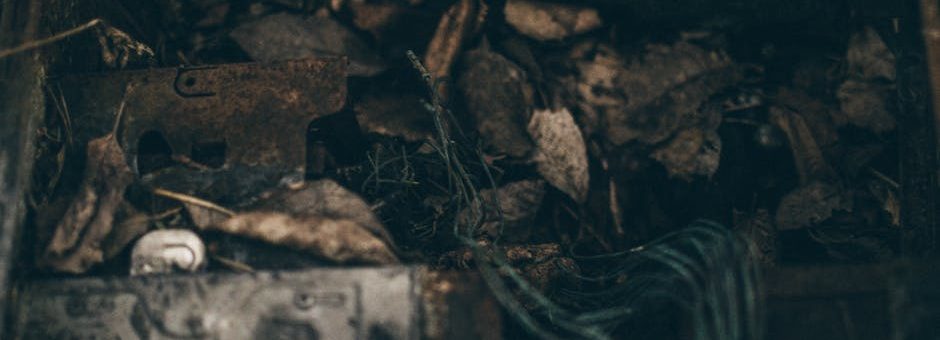Living in a broken world? Of course, we are. The evidence is not far from you. Remember the person you have always wished you were? Well, not yet. That campaign ad that seeks to ‘make the world a better place’ surely suggests the world as it is, is broken. And that Judge was recently appointed to ‘mend’ the broken judicial system, which itself exists for no other reason than to dose your broken morality. Even hospitals exist to fix us just as well as mechanics do your bike. Your other friend? Well, she no longer picks your calls because she is ‘heart-broken’. And you should have known better.
The Bible calls that gap between what is and what ought to be, simply ‘Sin’. It is falling short of the mark, the mark being the glory of God. Fundamentally, the problem with humanity is not a lack of good programs. That is the reason why corruption is such a tricky thing to fight using systems. Because it’s a cancer. And like cancer, it spreads faster than we notice. We know something must be wrong, but we know not what.
Actually we know what is wrong and that is why we hate the word sin with vigor. We don’t necessarily hate sin as much, but the word, and the idea that we are by nature wicked. We do not want to be told that the real problem with us is actually us. We would like to believe that the problems is ‘out there’. As Malcolm Muggeridge once remarked “The depravity of man is at once the most empirically verifiable reality but at the same time the most intellectually resisted fact.” We want to push the blame for our failures in family to our spouses, and as for that report we did not hand in on time? Well, there was no electricity.
But as Susan Krauss Whitbourne says in her article titled ‘Self-indulgence and the License to Sin’, the innate sinfulness of man can be detected even in how we take advantage of the license to sin. Remember that time when you over indulged in something, say an extra soda, just because you had abstained from it for a time? And think about when you overspend, just because you have made more savings on that deal than you actually had anticipated?
In other words, sin is innate, but thrives more in an environment that licenses it. Where there are no restraints, sin thrives. The Judge that is appointed to ‘fix’ the judicial system is surely meant to strengthen those restraints rather than heal the heart. But let us speak more about what causes men to want no restraint.
My brother-in-law visited me last week. In our conversation about living for God, I asked how often he reads his bible. His response? ‘about once a week’. I asked why, and to his admission, he did not like to be restricted by any ‘don’t do this or that’. He wanted freedom. And, of course, he is not alone. Ironically, it is the search for absolute freedom that is the cause for bondage. We want to sin, and we don’t want anybody to tell us that we are sinning. And when a vice is to be promoted as the next virtue, it is fronted as a ‘freedom’.
But this is not before its vileness is questioned by the elites, those with the agenda and resources to effect the changes. As G. K. Chesterton says in his ‘Orthodoxy’, ‘Some,… in their almost too fastidious spirituality, admit divine sinlessness, which they cannot see even in their dreams. But they essentially deny human sin, which they can see in the street.’
So you see? We deny human sinfulness which, as Malcolm said, is at once the most empirically verifiable fact, and then provide licenses to sin, which in turn increase our sinfulness and uncontrolled indulgence. Therefore, Jesus said, in the last days, lawlessness will increase, and the love of man will grow cold (Matthew 24:12). Because we deny our sinfulness, we sin more. They destroy themselves quickly those that seek pleasure without restraint. Unguided hedonism brings to the surface the base animistic instincts.
The boy who convinces himself that he is early for school when his classmates are passing by might be late for school. But if he is in a company of those who share his illusions, he will indeed be really late. And this seed will grow until perhaps he fails his exams, and perhaps drops out of school. You see what happened? It begun as a seed inside, the environment watered it until it grew. This grown man will blame his parents and teachers and the government for his ‘misfortunes’. The more sin grows, the more we blame the environment and as well deny our responsibility in making it blossom.
Anna Russell in her well-crafted and realistic song Jolly Old Sigmund Freud captures this scenario very well when she writes:
When I was one, my mommy hid
My dolly in a trunk,
And so it follows naturally
That I am always drunk.
When I was two, I saw my father
Kiss the maid one day,
And that is why I suffer now
From kleptomania.
At three, I had the feeling of
Ambivalence towards my brothers,
And so it follows naturally
I poisoned all my lovers.
But I am happy; now I’ve learned
The lesson this has taught;
That everything I do that’s wrong –
Is someone else’s fault.
The world is broken, and the problem is you and me. If there is a solution, it must address not just my actions, but more fundamentally, my heart. And yours.
In my next article, I will endeavor to look at the solution, and what we must each do.

